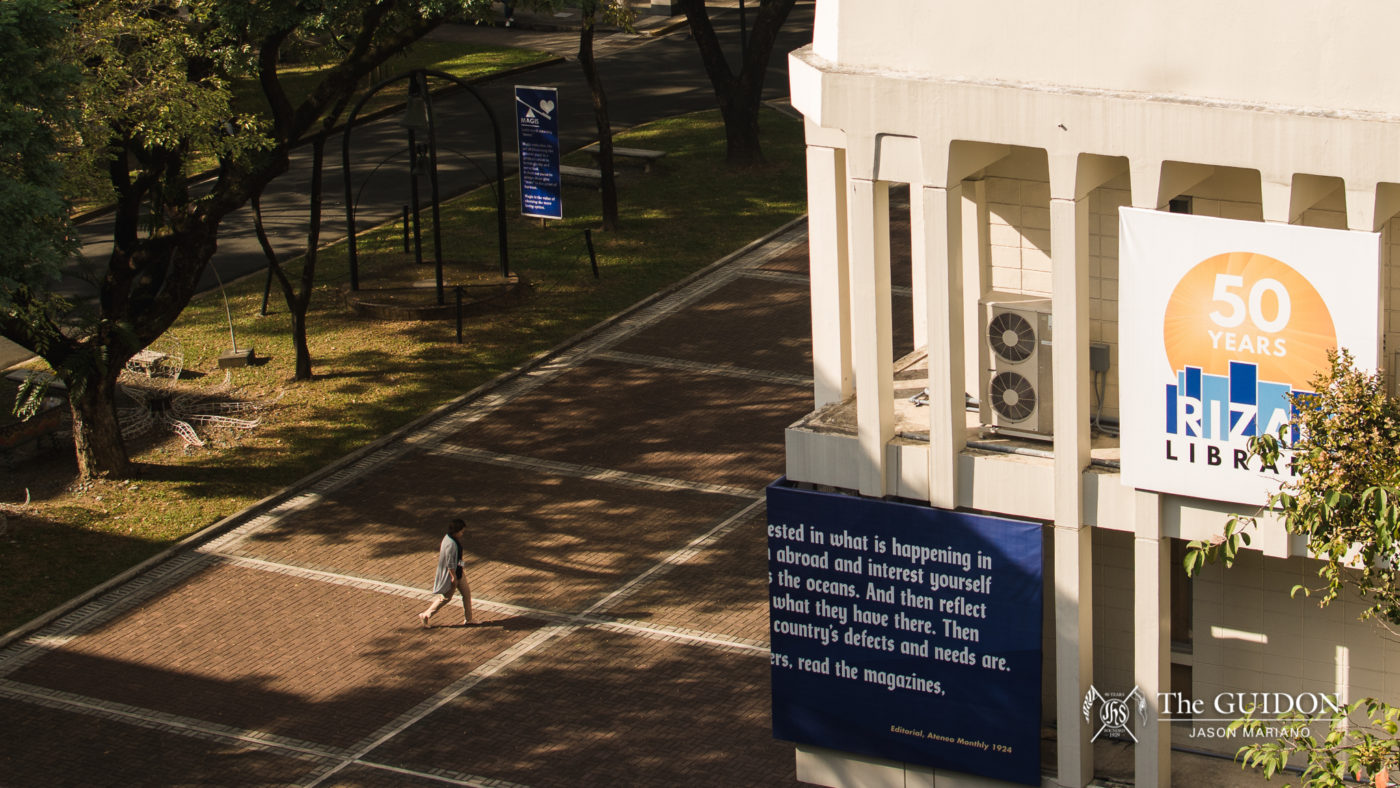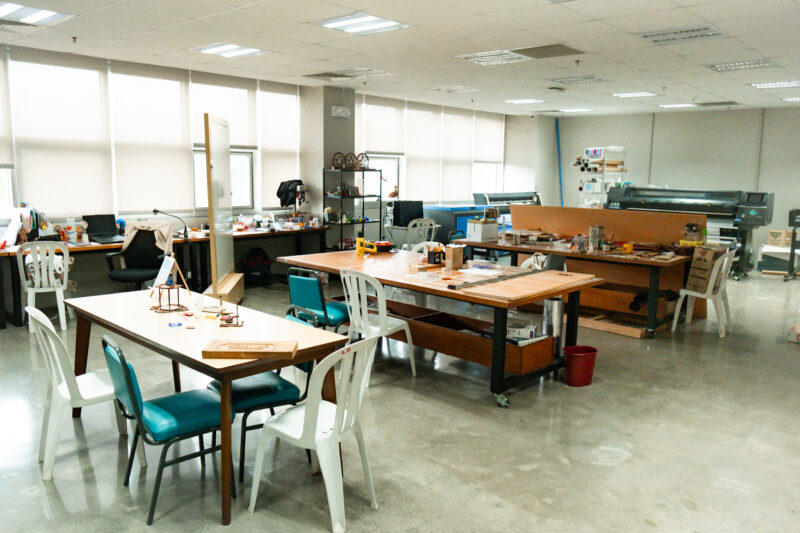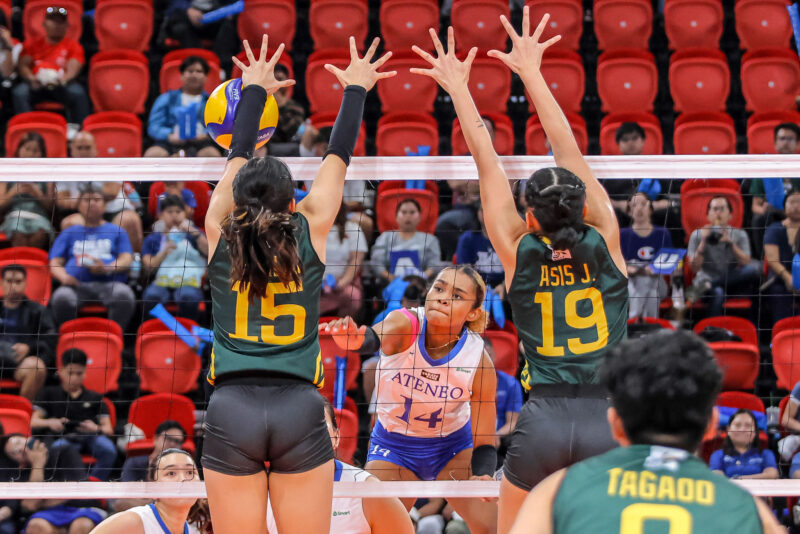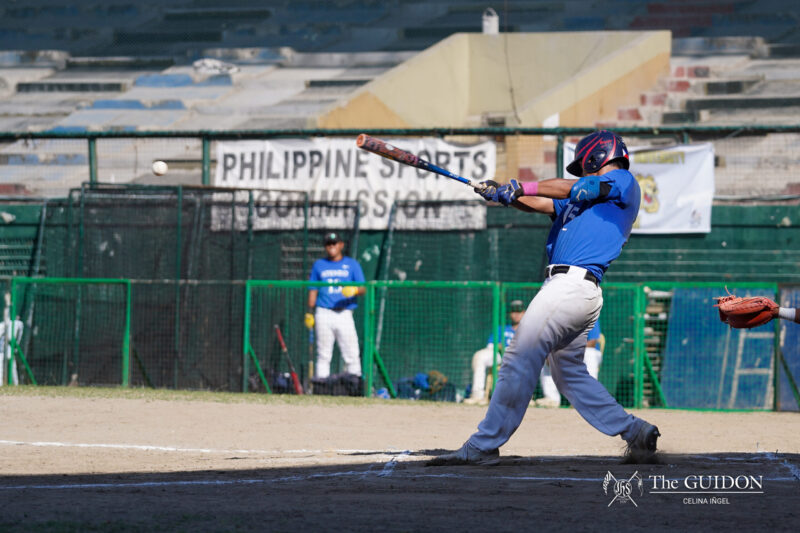As the premier Jesuit Filipino university in the country, the Ateneo de Manila University (ADMU) has always sworn by the Ignatian formation it so proudly holds close to the heart of its institutional identity. “Holistic” and “interdisciplinary” have become synonymous to the subjects and education of students within the Ateneo; the University website itself describes its curriculum as a “deliberate weaving together of the core, majors, and co-curricula.”
In the University structure, it is the educators who carry the responsibility of weaving together teachings and values to better communicate practical lessons and facilitate the formation of their students. Simultaneously, professors of the Ateneo are expected to produce scholarly research as the representatives of the Loyola Schools’ academic endeavors and contributions. Therefore, holistic development becomes a goal not only for students, but for educators as well—their roles cannot be simplified into just either teaching or research production.
Despite the integrative thrust behind the school’s curriculum and academic research activity, there still exists proponents of the “teaching vs. research” debate who advocate for academic institutions to prioritize one educational pursuit over the other.
A call for reform
On March 4, 2019, an anonymous contributor made a post on ADMU Freedom Wall that suggested radical reforms within the University’s faculty systems. The proposed amendments include the termination of instructors to “save money,” the passing on of instructor teaching duties to graduate students, and the suggestion to grant educators their tenure solely based on their research output. The contributor cited Ateneo’s absence in the global university performance assessments of the Times Higher Education 2019 World University Rankings as his basis for seeking to intensify pressure on the school’s educators as primary producers of knowledge.
In the comments section, Facebook users argued about both the ethical implications of the drastic changes and the immediate challenges posed by the propositions. Some commenters criticized the post’s supposed “worship” of international standards while others urged the contributor to understand the “unsustainable” and “toxic” academic environments such reforms would establish.
Between the clamor for greater professional research output and the propositions for more research-focused faculty members over lecture-based educators, the post demonstrated a keen lack of information regarding the nuances of an educator’s career in Ateneo.
Outside of the teaching podium and beyond the confines of class hours, faculty members continue their rigorous work in the academe through a myriad of research papers, engagements with the community, and ultimately, the pursuit of tenure.
Scholarly responsibilities
The development of an academic professional is not straightforward. It is, in fact, formed one scholarly building block at a time. In an interview with the Vice President of the Loyola Schools Maria Luz Vilches, PhD, she discusses the Ateneo’s process for selecting, training, and evaluating its faculty members. “Those who apply for teaching jobs are first assessed on their aptitude in teaching,” says Vilches. “The Ateneo identifies itself as a teaching university above all else.”
For instance, those who aspire to teach in Ateneo are often tested through demo classes wherein candidates must lecture volunteer participants in a mock classroom session regarding a topic of their specialization.
Faculty members are then hired as either part-time or full-time educational professionals with the potential to receive tenure from the University. Since being tenured means to be made a permanent member of the faculty, Vilches notes that the institution is judicious about who is given tenure. “We are very careful,” she shares, asserting the importance of “[observing] whoever it is [the University] wants to hire permanently.”
Although the terms “rank” and “tenure” are often discussed side by side, neither term necessarily goes hand-in-hand. Vilches explains that tenure is not tied to any particular faculty rank, but instead pertains to the security of one’s employment in the University.
Rank, on the other hand, is best demonstrated by the complexity of faculty terminology. For instance, it is common practice for students to call all their lecturers “professor” even though there are several levels an educator must go through before attaining the aforementioned title.
Each faculty member of the Ateneo is ranked and assigned different requirements that befit their position within the institution. The ranks arranged from lowest to highest are as follows: Lecturer, assistant instructor, instructor, assistant professor, associate professor, and professor.
According to the Associate Dean for Research and Creative Work Ma. Louise Antonette N. De las Peñas, PhD, faculty members are annually evaluated through the Ateneo Faculty Activity Report (AFAR) to give them the opportunity to enrich their careers by earning tenure or moving up in rank. The grades earned through these evaluations hinge on the performance of each faculty member on three fields: Instruction, Research and Creative Work, and University Service and Outreach. If a faculty member had focused more on Instruction during a specific year, AFAR could assign a higher weight to that criterion over Research and Creative Work.
The constant, institutional demand for research output coupled with the teaching duties of a professional lecturer are regular challenges faced by educators in Ateneo. Ignorance about the simultaneous pressures of research requirements and lecture responsibilities may be the root of the demand for University-wide reform and rectifications.
More than metrics
Despite the discussion on institutional reforms that would supposedly improve the Ateneo’s international stature, standardized global academic rankings have consistently proven to be contentious in the past.
An essential factor and point of criticism in these rankings are the criteria by which universities are ranked and assessed in the first place. Teaching instruction and research production are two of the most heavily weighted factors.
According to a study by the Brookings Institution, an American research group directed towards the social sciences, there may not be a correlation between the research production of a university and the quality of its educational instruction. The study answers the question that has plagued universities for years: Whether placing a premium on research productivity comes at the cost of top-notch teaching. The researchers answered with a resounding “no,” noting in their discussion that “the factors that drive teaching excellence and those that determine research excellence appear unrelated.”
In response to the vocalized push for greater research production on the part of the Atenean educators, Political Science Department instructor and Managing Editor of the Journal of Social Transformations Gino Trinidad reminds us not to lose sight of the big picture.
Trinidad argues that we must assess the purpose of our educational and academic pursuits. “Underneath the clutter of numerical rankings, our roots define the standards and values by which the University holds itself,” he says. “Are we trying to simply produce research of the esoteric kind, or research that really touches on the ground and pushes for change and transformation?”
Intertwining threads
Vilches explains that while the University cannot claim institutional focus or specialization in research output, research nevertheless enriches the faculty members’ teaching content and presents itself as a learning experience for educators. “If you ask your students to revise, you have to know how to revise as well, the first learners should be the teachers,” she says. “[Research] will build character for the teacher and it will help them as well in teaching the students how, for example, to do their own papers because they have experience in doing that themselves.”
Trinidad also emphasizes a need for balance, noting that “to teach is one of the main callings of being in the academe, to be in the ‘universe of college.’ On the one hand, we produce knowledge, but at the same time, we communicate that knowledge.”
The release of the Times Higher Education 2019 World University Rankings sparked the discussion on Ateneo’s supposed lack of attention towards the field of research and cast a shadow of doubt on the fundamental roles of educators within our community. Online discourse has demanded and refuted radical changes to the management of faculty staff and the very priorities of the institution.
Although unapparent, the vehement cries for a less teaching-centric academe have long been answered by the Ateneo’s foundation on holistic Ignatian formation. At the end of the day, demands made against holism and integration in the University’s curriculum are demands against the spirit and institution of the Ateneo.
With reports from Danie Cabahug and Alex Agcaoili







